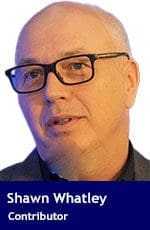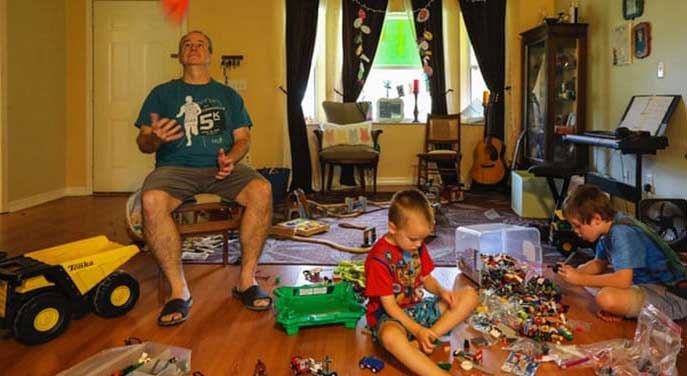 “Call for help.” This is one of the first rules in every advanced life-saving course. When you see someone collapse, rush over to assess and call for help. Raise the alarm. Let people know.
“Call for help.” This is one of the first rules in every advanced life-saving course. When you see someone collapse, rush over to assess and call for help. Raise the alarm. Let people know.
Doctors and nurses do this all the time in hospitals across Canada. It would be professional misconduct to do otherwise.
What if someone collapses due to “public health orders or recommendations”? Should physicians speak up?
The College of Physicians and Surgeons of Ontario (CPSO) posted yesterday that “Physicians hold a unique position of trust and have a professional responsibility to not communicate anti-vaccine, anti-masking, anti-distancing and anti-lockdown statements …”
Countries worldwide have taken markedly different approaches to lockdown measures, social distancing, school closures, and other public health interventions. Canada currently scores 13 out of 15 countries for misery caused by our pandemic response according to the latest version of the COVID Misery Index, published by the Macdonald-Laurier Institute.
Countries differ on pandemic policy because no one approach carries greater evidence than any other. This was especially true at the start of the pandemic. We learn more each week, and if anything, studies do not support the stringent public health measures we have seen in Canada.
In February, Dr. Ari Joffe, critical care doctor and member of the health ethics centre at the University of Alberta, published “COVID-19: Rethinking the Lockdown Groupthink.” Joffe referenced 275 articles that show lockdowns offer marginal benefit, if any, and carry up to 10 times the risk. He suggests using focused protection guided by core principles of emergency management — a far better option than strict lockdowns. We should aim to prevent harm to the whole society while preserving healthcare capacity, instead of focusing on only one risk.
According to one report, the Canadian pandemic response has led to 345,000 cancelled surgeries, procedures, and consultations. Last fall, the Canadian Medical Association estimated it would cost $1.3 billion to clear the backlog. Strict lockdown measures have added to mental health concerns, with much suffering going unreported.
In fairness, perhaps the CPSO had something else in mind. Maybe it worries there might be doctors who oppose all vaccines? Maybe the CPSO fears a cadre of anarchist doctors who inflame civil disobedience?
The CPSO already has policy to deal with this. Doctors support evidence-based treatment. Evidence shapes the standard of care. Treatments lacking evidence remain open to debate. Indeed, debate is the only way to find better evidence. This new policy of threatening doctors in the face of debatable policy with conflicting evidential support is something else entirely.
Despite undeniable suffering due to lockdowns, the CPSO wants Ontario doctors to stay quiet.
Physicians must not publicly question public health orders. Support official party. Do not speak up; shut up.
Doctors have a duty to warn patients and to help prevent injury and disease. Obvious risky behaviour makes this duty easy to follow. Do not drink and drive. Wear a seatbelt. Solid evidence supports it, and no physician would advocate otherwise.
Doctors also have a duty to challenge treatments that lack solid evidence. We need physicians to speak up when they see patients harmed by evolving public policy. When regulators threaten doctors for engaging in public debate, doctors go quiet and patients suffer.
Dr. Shawn Whatley is a Macdonald-Laurier Institute senior fellow and a past President of the Ontario Medical Association. He is the author of When Politics Comes Before Patients — Why and How Canadian Medicare is Failing.
Shawn is one of our contributors. For interview requests, click here.
The views, opinions and positions expressed by columnists and contributors are the authors’ alone. They do not inherently or expressly reflect the views, opinions and/or positions of our publication.
© Troy Media
Troy Media is an editorial content provider to media outlets and its own hosted community news outlets across Canada.


